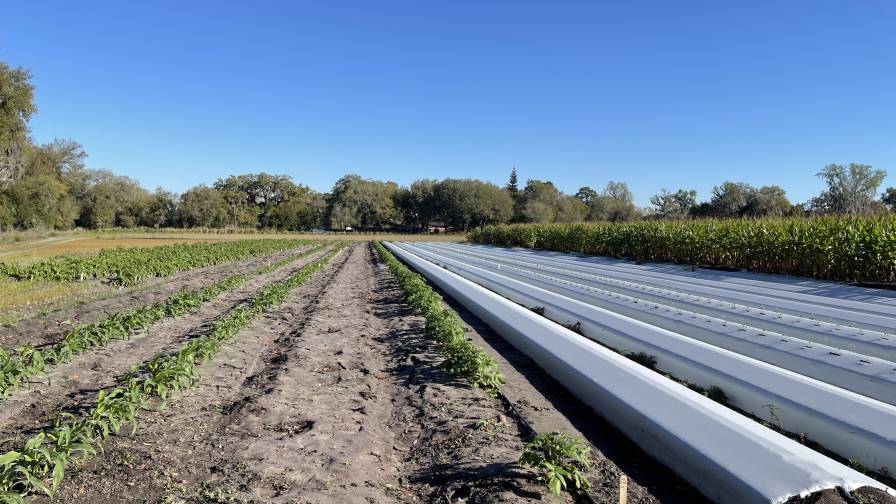#ARA2017 Features Dicamba Discussion
Earlier this year, Missouri and Arkansas temporarily banned sales and use of dicamba following a deluge of complaints. The product remains a hot-button issue for farmers and applicators, as well as state and federal regulators.
Dr. Ford Baldwin and Dr. Stanley Culpepper will co-host a pre-conference workshop at the Agricultural Retailers Association Conference & Exposition November 28 on the lessons ag retailers can learn from dicamba application issues this growing season.
Baldwin, former University of Arkansas weed scientist turned consultant, recently appeared before the Arkansas Plant Board. Baldwin is a stanch supporter of biotechnology’s role in weed control, but offers a critical perspective on dicamba use.
“People have the right to plant anything they wish without having chemical trespass on it,” Baldwin said in his June 29 column in Delta Farm Press. “While I wish it could be different, spraying large acreages with dicamba in the summer, without off-target effects, is virtually impossible.”
He sees a need for growers, suppliers and regulators to work together to develop better rules to prevent drift.
Culpepper, a weed science professor and extension agronomist with the University of Georgia, will present a nuanced perspective, having been involved with Georia’s regulatory efforts on dicamba and mandated applicator training.
The state has had few dicamba-related complaints during the growing season and served as a template for Missouri’s updated labeling requirements introduced in July. Culpepper co-presented a webinar on dicamba and 2,4-D tolerant crop technologies in April for ARA members.
To learn more about “Dicamba: Lessons Learned in 2017” and/or to register for #ARA17, visit www.aradc.org/ara2017/home.






